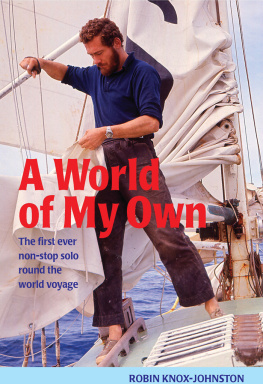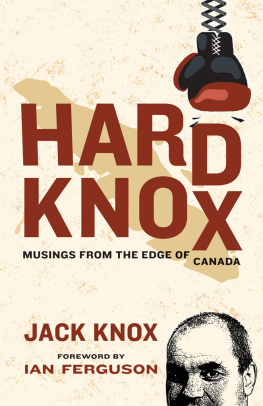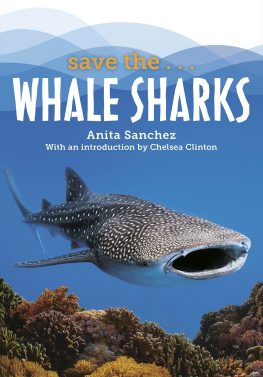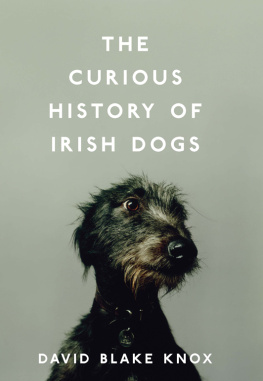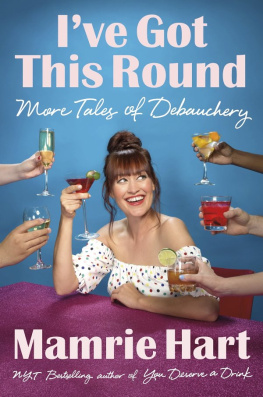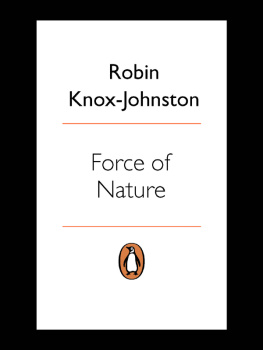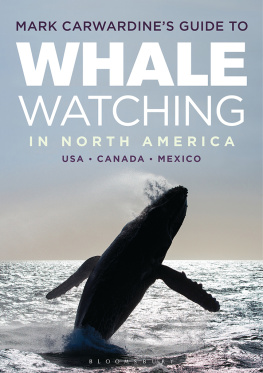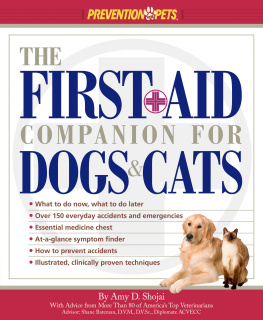A RE SEAMEN BORN OR BRED ?
I first took a serious interest in the sea aged eight, but I am sure that my fathers job in a shipping company had some influence. I suppose that once an enthusiasm has been expressed it makes it easier for people to find birthday and Christmas presents that appear to suit your interests so that was that. I was destined for a career at sea in one form or another. When I was nine I saw a small pram sailing dinghy for sale costing 13, I spent the next three years saving every penny I could to buy it. By the time I had sufficient funds the price of the boat had risen to 18 so it was not to be, but, if anything, this increased my determination to buy a boat and get afloat somehow. So an eight-year-old decided the course of my life.
I was born in 1939 in Putney in south-west London but my first recollections are of Heswall on the Wirral. We had lived in New Brighton for a time while Dad was working for Ellerman Lines in Liverpool, but Hitler dropped a bomb on the flats where we lived so we moved further out to Pipers Lane in Heswall. From the kitchen we could see the River Dee and there I launched my first attempt at a boat, a raft made from an oranges box. Disappointingly, it sank under my weight an early introduction to Archimedes principle, had I known it!
You could not possibly be unaware of the war going on, but growing up in it you took it as normal. Most families seemed to have someone serving in uniform and we were aware of the danger from bombers. On one occasion, visiting my mothers Aunt Betty in Putney, a buzz bomb was heard and then the engine stopped. Thats all right, said Mother, not appreciating that this meant it was about to come down. In seconds Aunt Betty had us awake and in the middle of the house wrapped in eiderdowns to avoid any splintering glass from the impending blast.
On Mothers side her father, Arthur Thomas Crawford Cree, a barrister, was killed while serving with the Durham Light Infantry at Ypres in 1915. We had no cousins on Fathers side but 11 on Mothers: the Irvings and the Platts-Mills. Grandmother Cree was a Williams and grew up at Pendley near Tring in Hertfordshire. Fathers parents were both from Ulster, Grandfather from Macosquin near Coleraine and Grandmother was a McHenry from Derriaghy near Lisburn. They had that hard Ulster Protestant work ethic that was to influence me when I lived with them at Berkhamsted to save the cost of boarding fees at school and for which I have always been grateful. My DNA indicates my heritage is 42 per cent Fermanagh and 9 per cent Scandinavian, the remainder being largely the Scottish Lowlands, very typical of people known as the Scots-Irish.
Dad volunteered for the army in 1940 and went into the Royal Engineers, ending up commanding a dock company that went over to France six days after D-Day to take over the Port of Courseulles and then move with General Montgomerys rapidly advancing 21st Army Group along the coast as far as Antwerp to keep the supplies coming in. Posted briefly to Palestine he spent his last two years in Greece and was de-mobbed in 1947. By then we had moved down to Beckenham into a family-owned house at 124 Bromley Road with the Irvings and for a while I went to the infant school at St Christophers across the road before moving on to prep school at Clare House in Oakwood Avenue. When Dad eventually came home he was a stranger who I had really only seen for the odd week throughout my short life. He returned to Ellerman Lines but they were not too pleased he had left a reserved job to join up and reinstated him in the same position and on the same salary he had had seven years earlier. This was not sustainable as he now had four sons Christopher and Michael had followed me and Richard. So he left and joined Grandfather in the Irish linen business of William Adams & Co. in Belfast. For two years we shuttled between England for school in Beckenham and Northern Ireland for the holidays, not far from Whitehead in County Antrim, as Dad picked up a new career.
Those were happy days, fishing on the Belfast Lough or visiting Bangor for its annual regatta and playing along the side of the Lough just above White Harbour. My younger brother Richard and I used to beachcomb. Christopher and Michael were a bit too young to be allowed to roam loose with us but Mother had no qualms about allowing her eleven- and eight-year-olds out on their own. On one occasion, after finding nothing of interest our attention was drawn to a rowing boat pulled up on the beach. Lets go for a row, come on, help me launch this, I ordered, in the way elder brothers speak to their siblings. We heaved and hauled until we got the craft into the water. Richard jumped in, I gave it a push and joined him. The first thing we discovered was that there were no oars as we turned slowly within ten feet of the beach. Then we noticed that water was filling the boat at an alarming rate. We looked for a leak and found it the empty bung hole. Using the bottom boards we struggled to row the boat back to the beach but she sank before we could quite get her there. We jumped into the sea, hefted and slowly moved it closer. The tide was ebbing and its increasing weight was making the task impossible. We gave up temporarily and retired to the railway embankment to strip off and lay out our clothes to dry. We were lying there when the owner arrived. He was remarkably good-natured about it all as the three of us hauled the craft above the high water mark and then he walked us back to the bungalow we lived in on the main Whitehead Carrickfergus Road. I have never forgotten to look out for bungs since. We remember the lessons from our mistakes more than our successes.
In the meantime we had moved to a large Victorian house at 28 The Avenue in Beckenham, in those days a gravel road, where the family was to stay until 1961 when we moved out to The Rookery in Downe, close to Biggin Hill. Dad took an interest in local politics in Beckenham, becoming a councillor and then mayor in 1956. More significantly for me, across the road in Raleigh Court was another family, the Singers, whose daughter Suzanne soon became a part of our group. We remained just friends until I was nineteen and she seventeen and our interest in each other became more romantic.
Back in 1952, Common Entrance, the examination for public schools, approached. My workup was hindered by a torn cartilage, which meant I missed weeks of school during the final preparations, but I just managed to squeak through. My father had been to Berkhamsted Boys, and five of my aunts to the sister school, and wanted us to go there too. The school accepted me and I went to live with my grandparents at their house named Craigavad in Cross Oak Road during term times to save boarding fees. Their no-nonsense attitude meant I did my homework properly and was expected to help in the garden. In my spare time I designed and built a canoe in the attic with a wooden framework covered in canvas which I then painted. It was not a thing of beauty, but it got me afloat, first on the Grand Union Canal and later at Selsey where we usually spent our summer holidays. Granny Cree lived in Hillfield Road in Selsey, after one of her many moves. Moving had become her hobby since she had left Pendley near Tring to get married.
Dad transported my canoe on top of our venerable Morris 12 to get it to the sea. Our annual seaside holiday was a major expedition and required a trailer for all our gear by the time parents, nanny the lovely and long-suffering Carrie Richards and four boys were jammed into the car. On arrival I could not wait to get launched and paddle out beyond the Bill itself where the rocks extend out to near the Owers Buoy and are almost dry at low water. Pagham Bay was another interesting place to paddle among the mud banks. I relished this freedom to be able to go where I wanted on my own. It was no reflection on my family, as my brothers Richard, Chris and Mike and I have always been able to cooperate when it suited us and they had goes in the canoe, or helped me to set up night lines on the beach, but I was discovering for the first time the magic of being able to explore by sea and to visit places otherwise out of reach. I even made a mast in the school craft shop and created a peculiar frame that could bolt onto the gunwale and allow a keel to be slung beneath the hull. These attempts to sail were supported by occasional trips to Blechley with the Pollocks, another Northern Irish family living in Berkhamsted, who had built a car top dinghy in their sitting room. But I had much to learn and the experiments to sail the canoe were not very successful.


